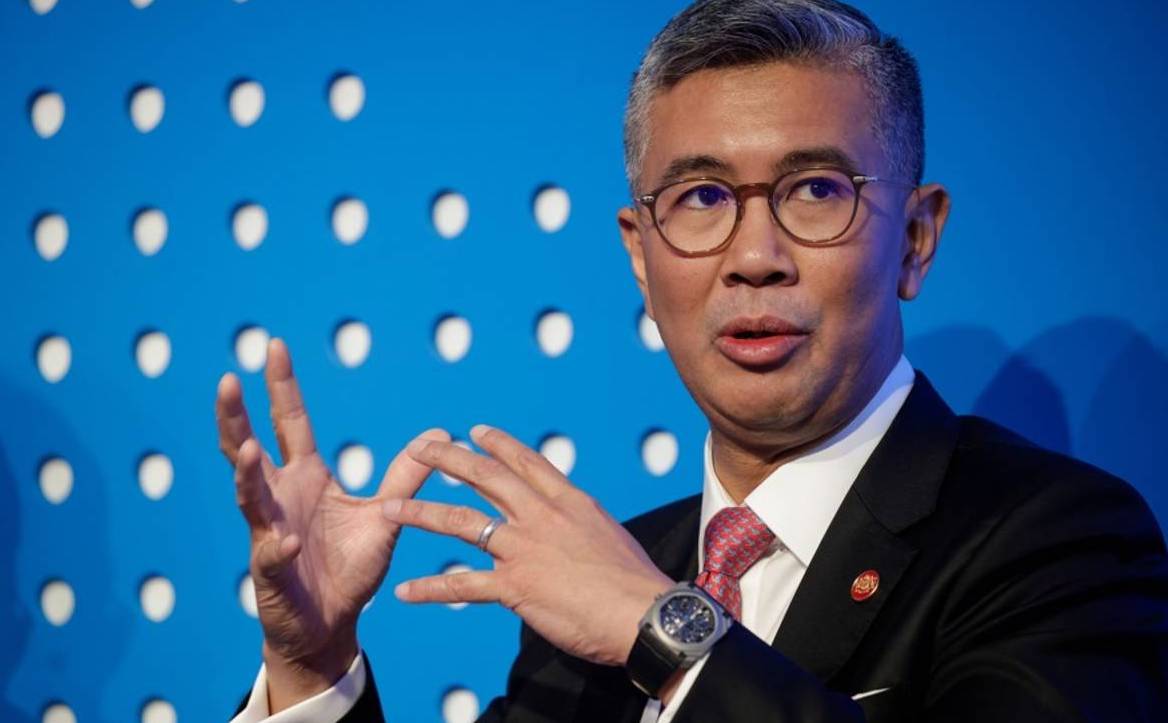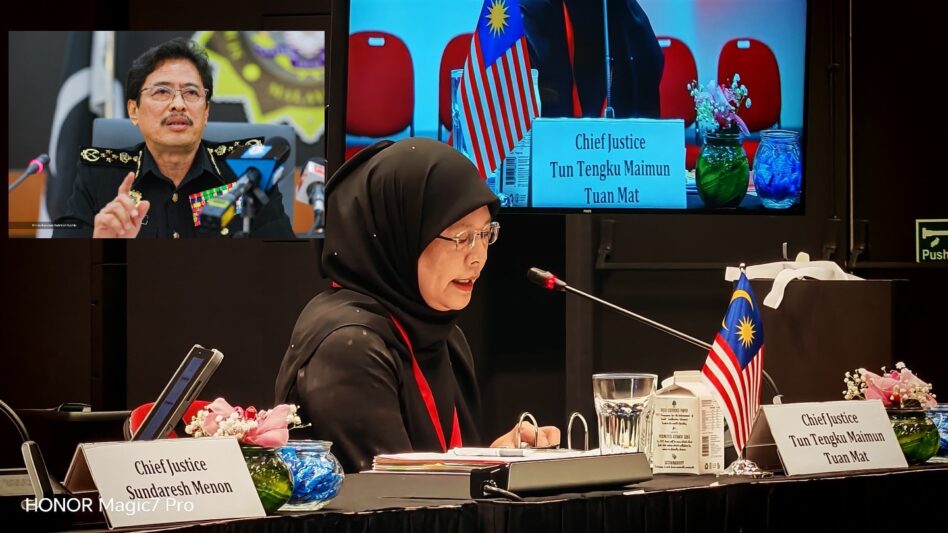PREMATURE deindustrialisation over the last decade has stalled Malaysia’s progress in economic complexity, causing it to lag behind advanced economies such as Japan, South Korea, Taiwan and Singapore.
This was highlighted by Investment, Trade, and Industry Minister Tengku Datuk Seri Zafrul Tengku Abdul Aziz at the Bank Negara Malaysia (BNM) Sasana Symposium 2024.
Tengku Zafrul noted that Malaysia’s involvement in the manufacturing value chain remains concentrated in lower-value segments. However, he sees significant potential to advance in sectors like electrical and electronics (E&E) and semiconductors, elevating Malaysia higher in the global value chain.
The minister also pointed out that Malaysia’s labor productivity growth has been outpaced by countries such as Singapore, Vietnam, Thailand, and the Philippines. He noted the need to reduce reliance on low-skilled foreign workers by investing in technology and innovation.
“The lesson here is that change, and reforms may be daunting, but we have done it before and can do it again.
“The key to our success has always been the private sector working together with the government, based on a whole-of-nation approach.”
To address these challenges, Tengku Zafrul introduced the New Industrial Masterplan (NIMP) 2030, designed to steer Malaysia’s industries toward technological advancement, sustainability, and greater integration into the global value chain.
He called on the financial sector to play a more active role in achieving the missions set out by the NIMP 2030 and the recently launched National Semiconductor Strategy.
“As a former banker, I’m fully convinced that this will be a “win-win” for financial institutions. The NIMP presents new opportunities for banks and the capital market to innovate and offer the right financing products to finance new sectors and technologies.”
The minister also urged the financial sector to adopt a long-term perspective in funding structural reform agendas, rather than focusing solely on short-term gains.
“The hallmark of successful reforms and true nation building is a win-win end-game for all stakeholders. Securing Malaysia’s future sustainable growth is also securing future income streams of banks and financial institutions.”
Despite the challenges, Tengku Zafrul expressed confidence in Malaysia’s ability to reinvent itself and implement difficult structural reforms.
He noted Malaysia’s transformation over the past few decades from an agriculture- and commodities-based economy into one of Southeast Asia’s most vibrant manufacturing-based economies. – June 13, 2024
Main photo credit: Bloomberg









